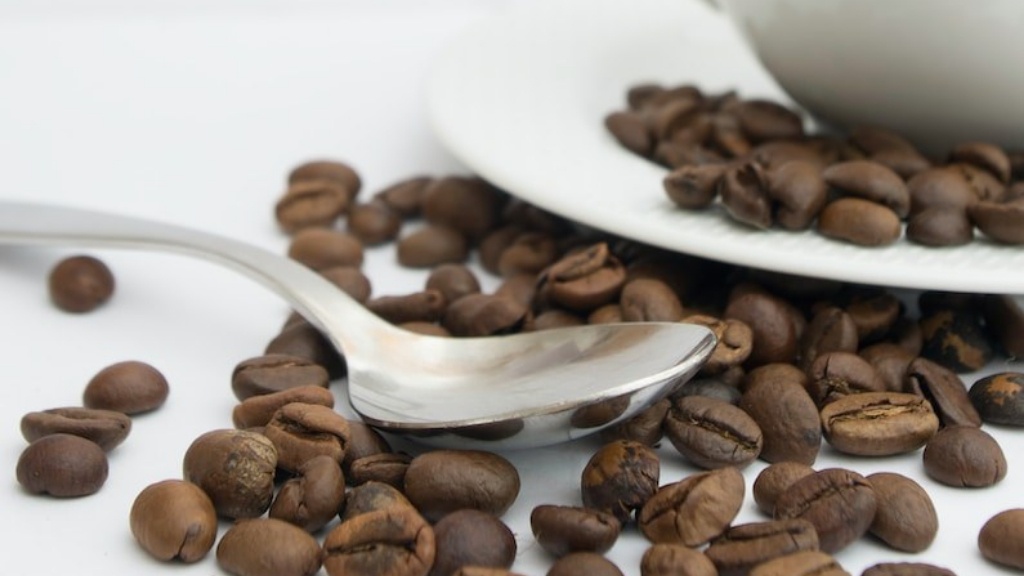Coffee contains caffeine, a stimulant that has the power to temporarily wake us up and keep us alert. It is no wonder why many people make it a daily habit, and thus live in a perpetual state of stimulation.
But can this have serious consequences? Health experts have recently suggested that drinking coffee can potentially lead to palpitations. What are palpitations, and is there any truth to this hypothesis?
What are Palpitations?
Palpitations are the sensation of feeling one’s own heartbeat either pounding faster than normal or in an irregular rhythm. Palpitations are usually harmless and generally only last for a few seconds or minutes. However, they can indicate underlying health issues such as anemia, heart failure, or even a thyroid disorder. In rare cases, they can be life-threatening.
Can Drinking Coffee Lead to Palpitations?
Caffeine is known to stimulate the sympathetic nervous system and can trigger palpitations in some people. In general, people who are sensitive to caffeine and those who consume excessive amounts of the stimulant are more at risk for experiencing palpitations. The American Heart Association recommends limiting caffeine intake to no more than 400 milligrams per day.
Furthermore, when a person consumes coffee on an empty stomach, the effects of the caffeine can be even more pronounced. This can lead to a racing heart, chest pains, and even a sudden increase in blood pressure. While these effects usually only last a few minutes and are not life-threatening, they can still be uncomfortable.
Moreover, certain medications, such as thyroid medication and certain antidepressants, can also lead to palpitations when taken with caffeine. Always consult with a medical professional if palpitations occur after consuming coffee or any other beverages.
The Benefits of Coffee
While caffeine in excess can be harmful, there are still several benefits to drinking coffee. Coffee has been known to improve mental acuity, alertness, mood, and even physical performance. Recent studies have shown that coffee can also reduce the risk of type 2 diabetes, Parkinsons disease, liver cancer, and Alzheimer’s disease.
If drinking coffee can be part of a healthy, balanced lifestyle, there is no reason to abstain from it. Drinking coffee in moderation, maintaining a healthy diet, and exercising regularly can help reduce the risk of palpitations and other potential health problems.
Different Types of Coffee
Coffee is a complex beverage that can take on many different forms. From the traditional brewed cup of coffee to the more expensive espresso, the variations of how coffee can be enjoyed are endless.
For those looking for a less stimulative alternative to an energy boost, cold brew coffee might be the answer. Cold brew uses lower temperatures to extract the coffee’s flavor and contains about two times less caffeine than standard brewed coffee. This can be a great option for those looking for an energy boost without compromising their health.
Ways To Control Caffeine Intake
It is important to become aware of how much caffeine a person is consuming throughout the day. Some people might be surprised to learn that they are drinking more caffeine than they think they are. Caffeine is not just found in coffee – it is also found in many soft drinks and energy drinks.
To control caffeine intake, it is best to limit coffee consumption to no more than two cups per day and to drink only decaffeinated beverages in between. Additionally, try to avoid energy drinks and soft drinks with added caffeine, and opt for natural alternatives like herbal teas or plain water.
The Impact of Stress on Palpitations
Even if a person is controlling their caffeine intake, there is still a chance that they may experience palpitations. This is because emotional stress, anxiety, and fatigue can all cause palpitations as well. If a person feels as if caffeine is not the trigger for their palpitations, it may be beneficial to practice stress-reduction techniques.
Yoga and mindfulness meditation have been known to reduce stress, improve mood, and even help regulate heart rate. Keeping a food and mood journal may also help identify potential triggers that can be avoided. Additionally, talking to a doctor or mental health professional can provide further guidance on how to reduce palpitations.
The Bottom Line
While drinking coffee can contribute to palpitations, it can also have many health benefits. For those looking for a way to enjoy coffee without feeling discomfort, decaffeinated coffee and cold brew can provide an alternative. Additionally, managing stress levels and limiting caffeine intake to two cups per day can be a great way to reduce the risk of palpitations.



